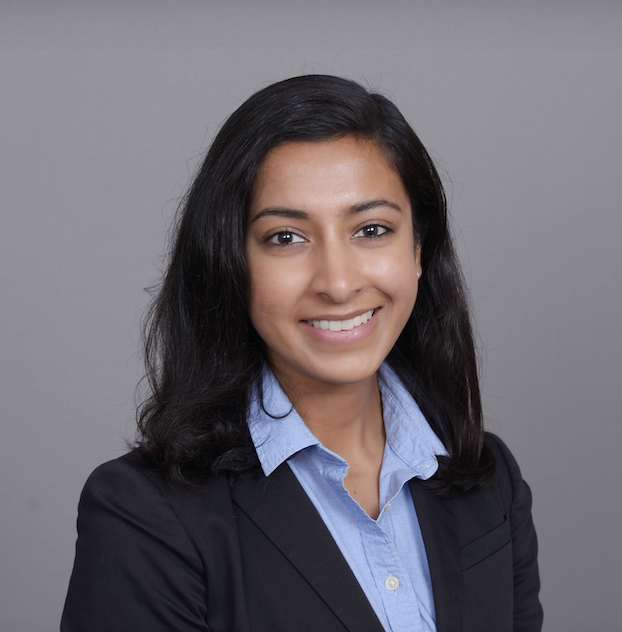Zahra is a 4th year medical student at Quinnipiac University in Connecticut. She is interested in the role of health care providers in caring for those affected by the practice, and as such is involved with developing training for resident physicians on surgical care that improves quality of life and health outcomes in the most severe forms of FGM/C. She has also designed and implemented curriculum that introduces physicians in training to the cultural nuances surrounding FGM/C with the goal of increasing cultural humility. Zahra has been involved with Sahiyo since 2019, assisting on projects focused on community engagement as a tool to bring an end to FGM/C.
When and how did you first get involved with Sahiyo?
I have been following Sahiyo’s work as an organization for many years, but decided to get involved in the fall of 2019 during what was a rough patch in my personal life for a few reasons, khatna, or FGM/C, being one of them.
Why did you choose to join the Advisory Board and what do you hope to bring to Sahiyo through this new role?
I chose to join the Advisory Board to make more meaningful connections with all of the incredible people who work with Sahiyo, and in hopes of supporting projects in the pipeline at Sahiyo. As a member of the Board, I’d like to contribute the expertise I have and will gain as I progress through the next phase of medical training, and look for more ways to incorporate training on FGM/C and survivor support into health professions training.
What does your work with Sahiyo involve?
As a volunteer, I have written pieces interpreting research on FGM/C, as well as abstracts and posters in order to disseminate Sahiyo’s work to healthcare providers, survivors, social works, and law enforcement, among other groups. I also support The Connecticut Coalition to End FGM/C by giving presentations about the practice to stake holders with the goal of introducing legislation in the state of Connecticut that addresses FGM/C. Additionally, I have created and implemented a curriculum that introduces medical students to the cultural nuances surrounding the practice, and am involved in creating a provider training for family medicine and obstetrics and gynecology resident physicians.
How has your involvement with Sahiyo impacted your life?
As someone who grew up in a community where FGC was the norm, my involvement with Sahiyo has been an integral part to self-actualization and healing. I joined Sahiyo at a time where I desperately needed allies who understood my personal struggles with FGC. Since joining, I have been able to use my personal experiences and integrate them with work that will positively impact my career as a healthcare professional.
What words of wisdom would you like to share with others who may be interested in supporting Sahiyo and the movement against FGC?
Sahiyo has taught me that joining a community of peers that are just like you, that have been impacted by the same circumstances you have, can be healing in so many ways. Using experiences that are deeply personal to you in order to make change in the world, no matter how small, is liberating. I encourage anyone who is looking to feel such liberation to support Sahiyo in their goal to end FGC.

